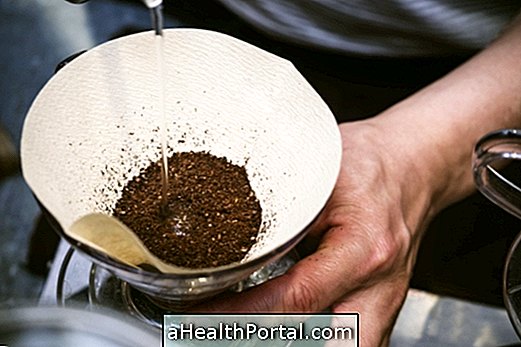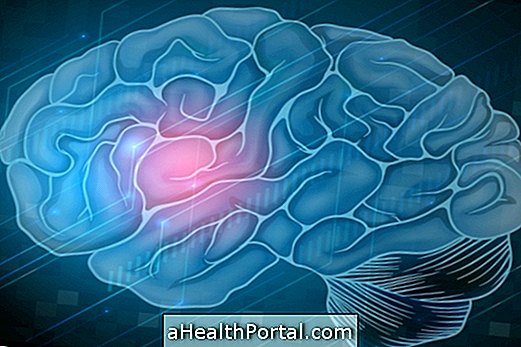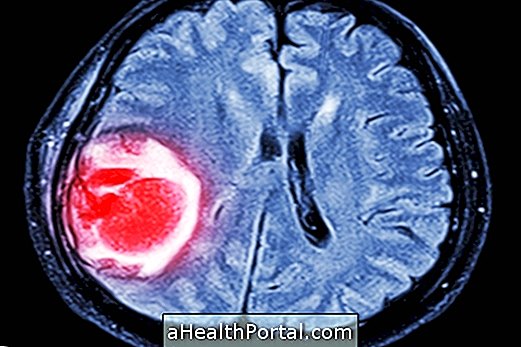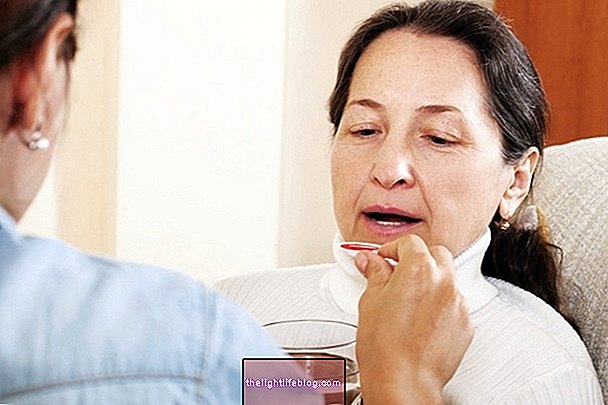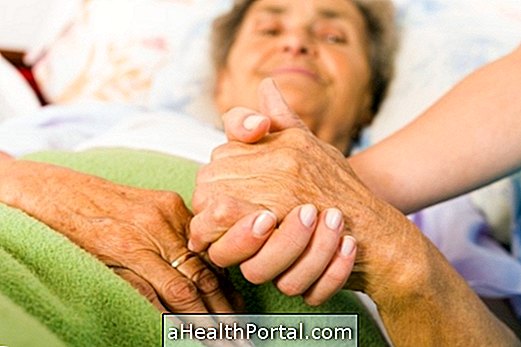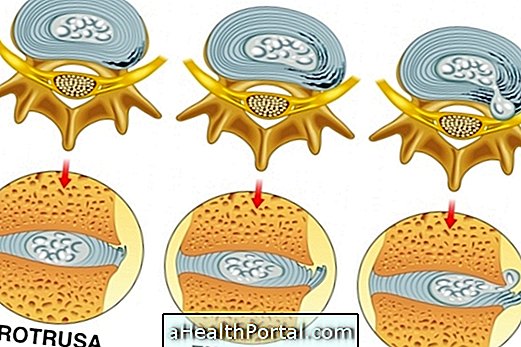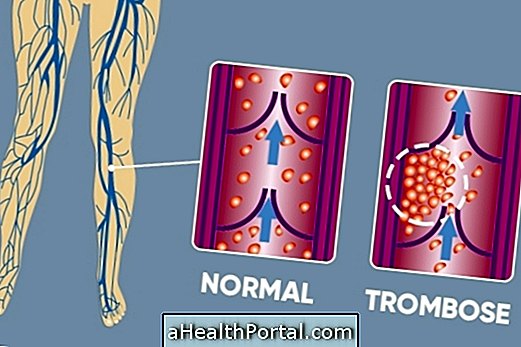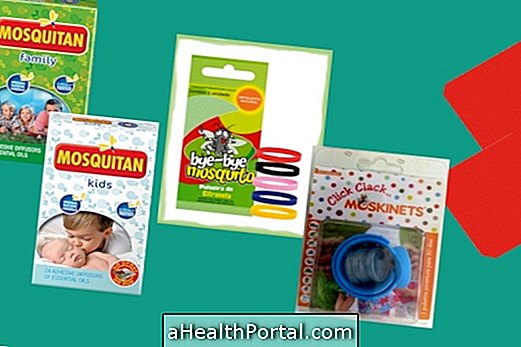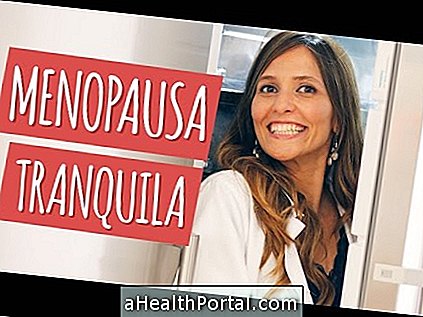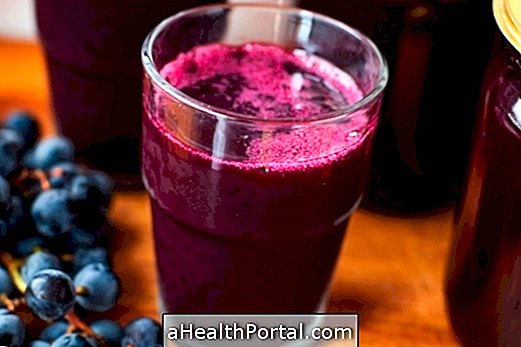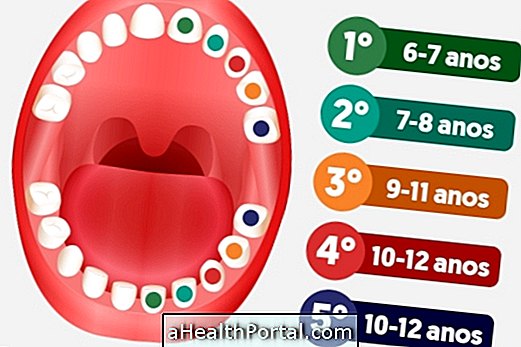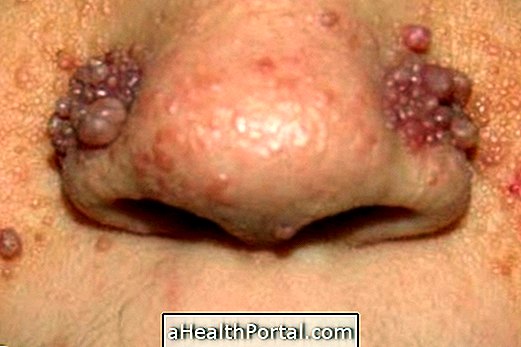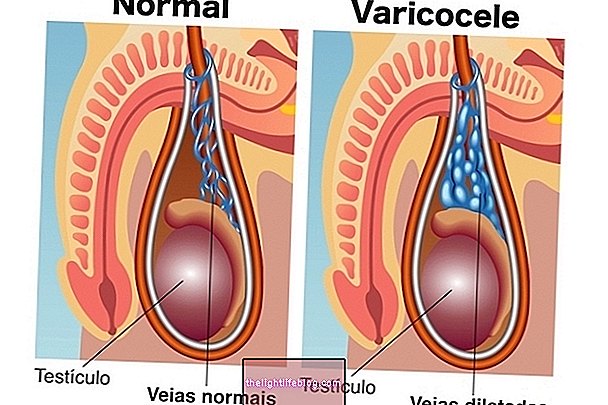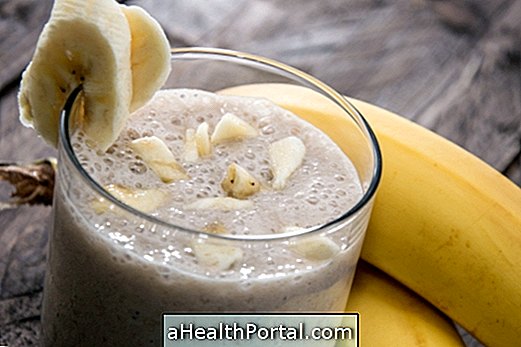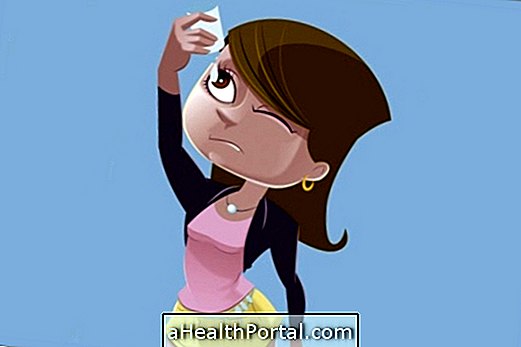Treatment for Alzheimer's is done to control symptoms and delay the worsening of brain degeneration caused by the disease and includes the use of medicines, such as Donepezila, Rivastigmine or Memantina, for example, indicated by the geriatrician, neurologist or psychiatrist.
In addition to the use of medicines, it is important to do therapies that improve independence and reasoning, with occupational therapy, physical therapy, physical activities, in addition to giving preference to a Mediterranean diet, balanced and rich in vitamin C, E and omega 3, which have brain antioxidant and protective action.
The choice of the best treatment and medication options are indicated by the doctor after assessing and identifying the needs of each patient.
Alzheimer's disease is a degenerative brain disease that causes gradual loss of memory, in addition to other changes such as impaired behavior, disorientation and difficulties in communication, for example. To learn how to identify this disease, see the signs and symptoms of Alzheimer's disease.

Alzheimer's Medicines
There are drugs, in pill or oral solution, that improve symptoms and delay the evolution of Alzheimer's disease, especially delaying memory loss, and should be used early on from the beginning of diagnosis, such as Donepezil, Galantamine and Rivastigmine, which are called anticholinesterases, because they work by increasing the levels of acetylcholine, an important neurotransmitter for brain functions.
Rivastigmine also has the option of adhesive, or patch, which are changed every 24 hours, and are indicated to facilitate the use, and to reduce some side effects of the pills, which can be nausea, vomiting and diarrhea.
Memantine is also a medicine widely used in the treatment, to prevent the progression of the disease in more advanced cases and to calm down.
In addition, there are other remedies that can be used to help treat symptoms, useful to reduce anxiety, sleep or help control emotional instability, such as antipsychotics, anxiolytics and antidepressants.
Table of most used drugs
The main remedies to treat Alzheimer's, available in SUS or in particular, are:
The type, dose and quantity of medications are guided by the doctor according to each case, following the needs of each patient.
Despite the large amount of drugs that are generally used to treat this disease, there is still no cure, and it is common for it to get worse over time.
New therapies
Deep brain stimulation is a therapy that has been used and seems to have good results for the control of the disease and can even reverse the symptoms. As it is still a very expensive therapy and is available in a few hospitals, it is still not being performed very often, being reserved for some cases that do not respond to treatment with drugs. Learn more about the indications and how deep brain stimulation surgery is done.
Other therapies, such as ozone therapy, based on insulin or anti-inflammatory drugs, such as mefenamic acid, although they have been demonstrated in some studies, are not proven therapies and are not usually indicated by doctors.
Physiotherapy for Alzheimer's
Physiotherapeutic treatment is important to reduce the physical limitations that Alzheimer's can bring, such as difficulty walking and balancing, and it should be done at least 3 times a week.
Physiotherapy should be performed with exercises that are easy to understand and perform, as the patient's mental capacity is reduced and physical therapy is useful for:
- Help to strengthen the muscles, improving coordination, balance and flexibility;
- Avoid pain in muscles and joints;
- Prevent falls and fractures;
- Prevent the patient from being bedridden;
- Prevent bedsores in bedridden individuals;
- Avoid pain in muscles and joints;
- Increase the peristaltic movements of the intestine, facilitating the elimination of feces.

The caregiver should also be instructed to help the person perform physical therapy exercises daily at home, to enhance the results. Learn more about how physiotherapy for Alzheimer's is done.
In addition, the person with Alzheimer's can also do psychotherapy and occupational therapy sessions, which are especially indicated in the initial phase of the disease to stimulate memory and assist in carrying out daily activities.
Natural treatment options
Stimulation of memory, through games and small activities, such as cooking or reading, should be done daily with the help of a therapist or family member, so that the patient does not quickly lose vocabulary or forget the usefulness of objects, for example .
In addition, social stimulation, through contact with friends and family is essential to maintain social interaction and delay forgetfulness of those close to you. Find out more about the essential care that should be taken for the patient with Alzheimer's.
Food is also important to complement the treatment and the Mediterranean diet is recommended, as it is healthy and based on the consumption of fresh and natural foods such as olive oil, fruits, vegetables, cereals, milk and cheese, and for avoiding industrialized products such as sausage, frozen food and powdered cakes, making it ideal for those with Alzheimer's, as it nourishes the body and brain properly.
How to prevent Alzheimer's
To prevent this disease, it is important to have healthy lifestyle habits, consuming vegetables and antioxidant foods, and avoid behaviors that impair circulation and brain function, such as smoking and drinking excessively.
In addition, it is important to always try to stimulate brain reasoning and cognition, through readings and activities that stimulate thinking. See what are the main tips for the prevention of Alzheimer's.
Learn more about this disease, how to prevent it and how to care for the person with Alzheimer's:

Was this information helpful?
Yes No
Your opinion is important! Write here how we can improve our text:
Any questions? Click here to be answered.
Email in which you want to receive a reply:
Check the confirmation email we sent you.
Your name:
Reason for visit:
--- Choose your reason --- DiseaseLive betterHelp another personGain knowledge
Are you a health professional?
NoMedicalPharmaceuticalsNurseNutritionistBiomedicalPhysiotherapistBeauticianOther
